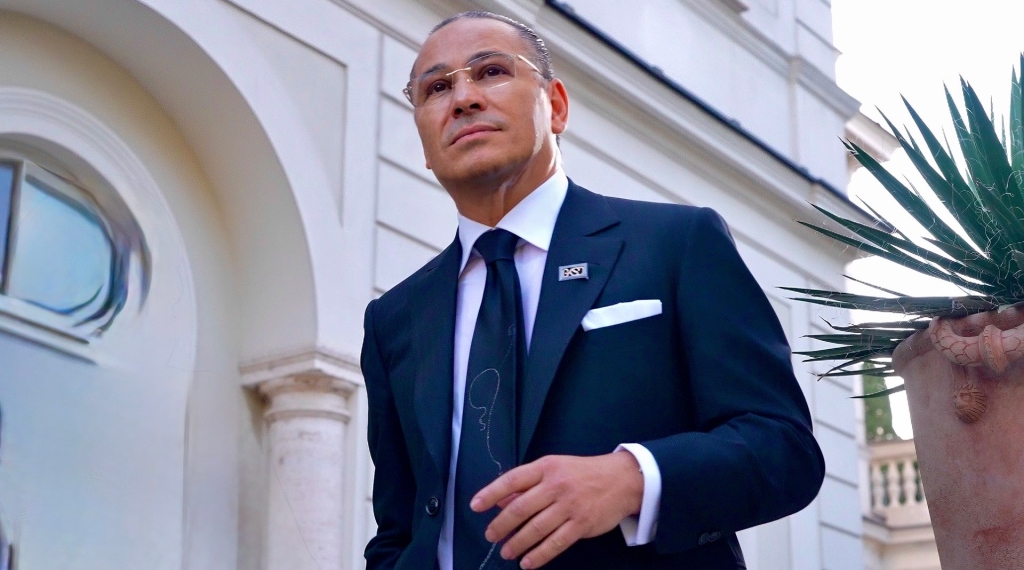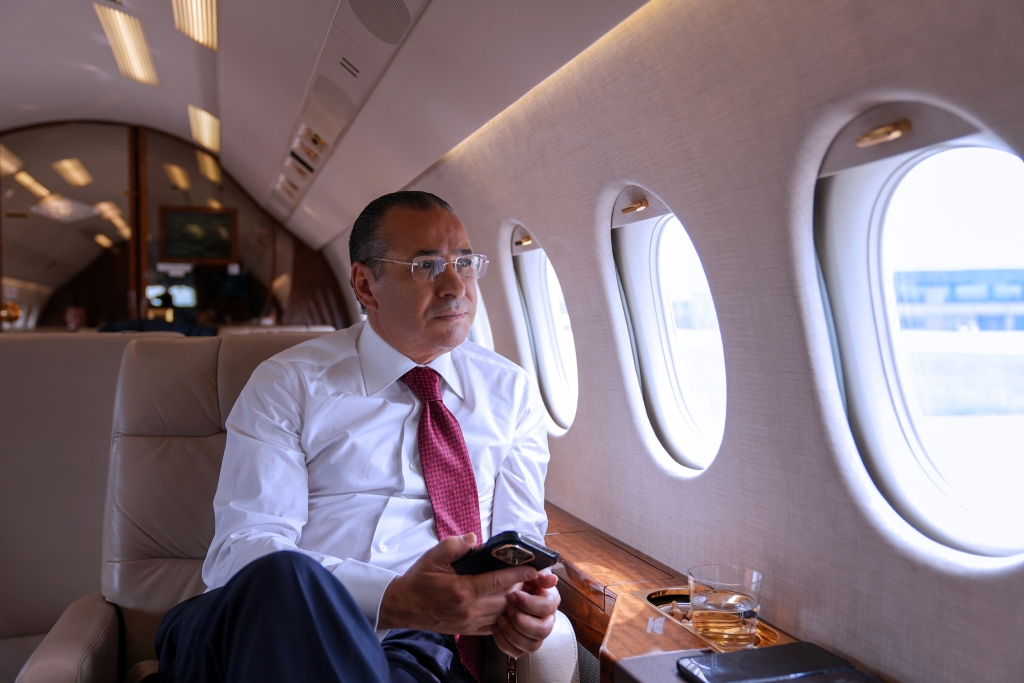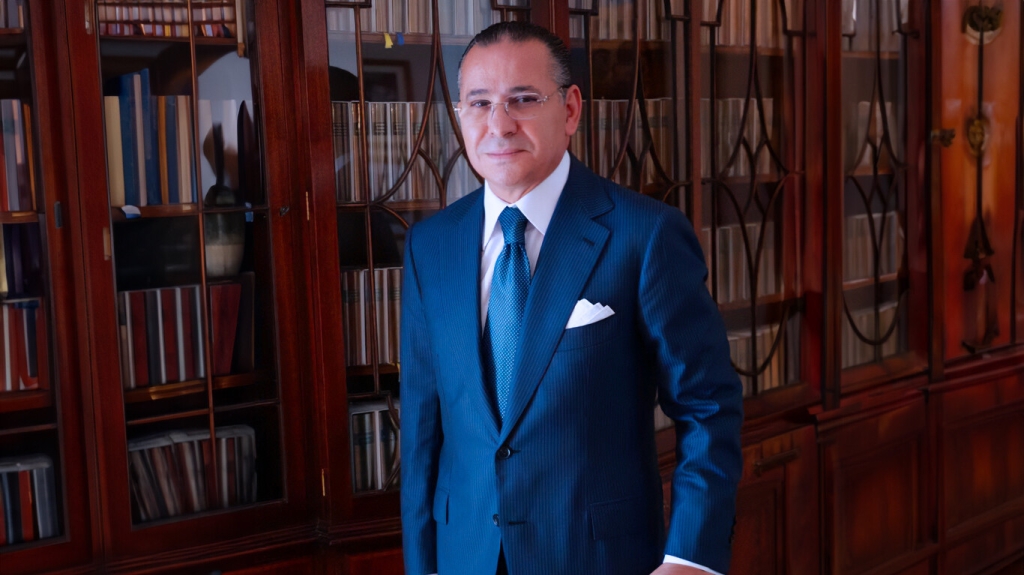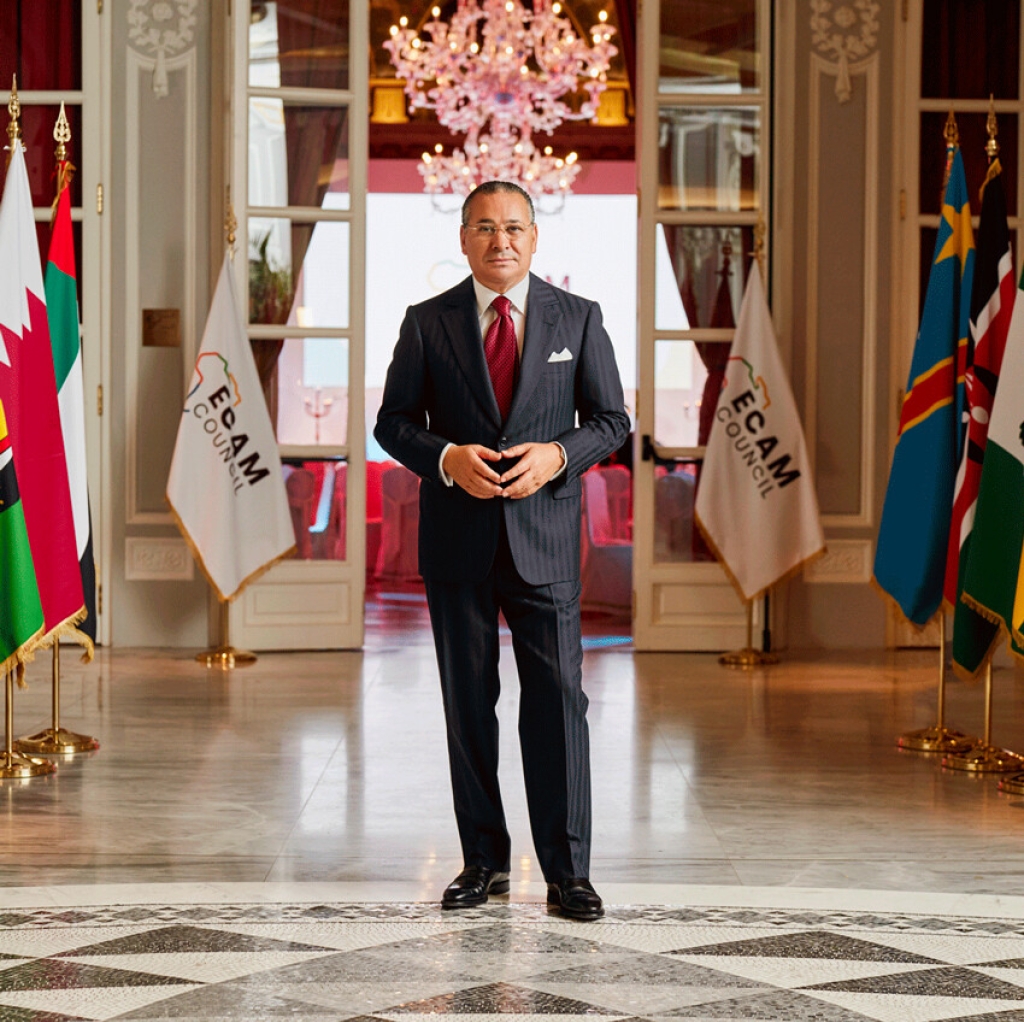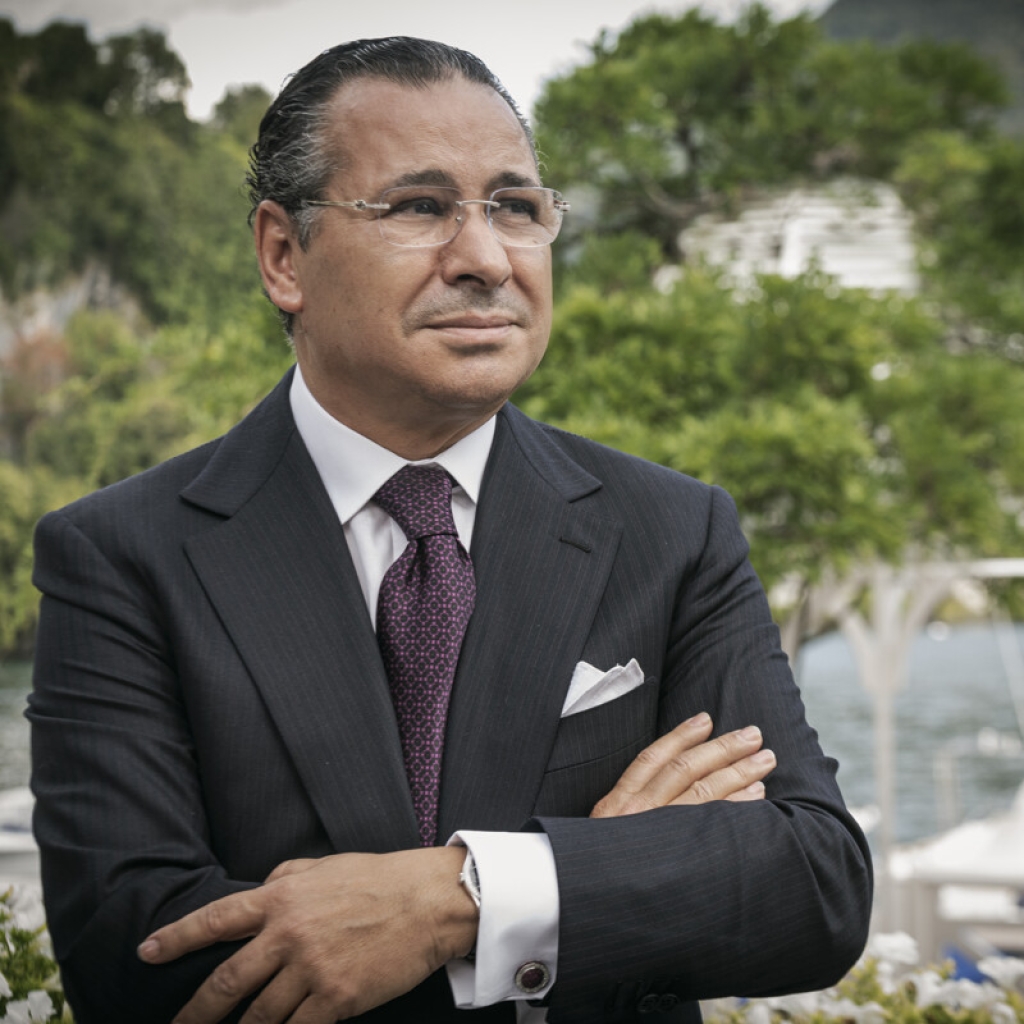
So much has been written about the COVID-19 pandemic these past few weeks, some of it accurate and from reliable medical or institutional sources, some of it inaccurate and misguided; alarmingly, yet more of this information is dangerous, as false claims drive people towards unreasonable and illogical behaviour. The Covid-19 calamity concerns humanity as a whole. No nation has been spared.
Therefore, humanity as a whole must unite and face the situation as one if we are defeat this invisible enemy. We have to set aside our historic enmities and political positions if we are to save lives. Open metaphorical borders even though every day our physical ones are being closed. Now is not a time for recrimination and resentment, but for unity and solidarity.
All Doors must be opened and possibilities welcomed, all barriers torn down and opportunities explored, if we are to win this battle together. Covid-19 has shown the world that this ongoing pandemic highlights the importance of strong healthcare systems and emergency response systems. It has also shown that collaboration among governments, multilateral institutions, civil society, and the private sector are all possible with the right will. If we are to identify coherent and efficient strategies and solutions that can mitigate the implications of COVID-19 and infectious diseases in general, then we must first and foremost accept that the absolute foundation and key component of any prosperous society is in its having a strong, fit and healthy population. I am pleased to note that in this current crisis it is not only governments that are coming together, but also businesses.
Naturally, the social and economic impact that COVID-19 is having and will continue to have on business, trade and investment is significant, and the true scale of the outcome is, as yet, still unknown. What is a certainty, however, is that the world will not be the same place as we left it in 2019. COVID-19 is perhaps the biggest peacetime test for our society. We have been brought together many times before in recent history, either in indignation at the depravity and loathsomeness of terrorism; or in joy when we see our fellow brothers and sisters take tentative steps towards democratic unity and freedom. However, we have never been drawn together, until now, in a pandemic, the speed of which struck life as we know it with such terrifying alacrity that many nations are still left reeling and disorientated. Yet this dystopian reality can teach us another lesson that may well safeguard our future. It can teach us humility and altruism.
For too long now wealthy, developed nations have paid lip service to the difficulties faced in the less wealthy developing nations. Too long have we ignored the plight of our brothers and sisters in nations like Africa, where epidemics have struck a weakened population with merciless efficiency, in much the same way as COVID-19 is now striking healthy and wealthy nations today. In the past the devastation that epidemics brought with them was confined to the poorer nations in our world; while the wealthier nations were protected by easy access to advanced, often universal, healthcare systems, vaccination programmes and technology.
COVID-19 is an unseen and unwelcome guest that respects no boundary and has swiftly and relentlessly smashed through all barriers manmade or otherwise. The virus does not even respect the healthiest in our populations and cares not for wealth, health, creed or colour. It is a true democrat, treating every human being with equal disregard. I put it to you, however, that if we do not take heed and learn lessons from this most unwelcome of guests, then it will divide us yet more. Cooperation and collaboration among nations is of critical importance now. We must forget our individual nationalities and come together as humans of equal value. COVID-19 has no concern if a person is European or Arabic or Chinese or African, nor should we. What is important today is to create an alliance where we are all kin to each other, a true league of nations that knows no borders but is open to all and refuses no one. As we now know, perhaps a little late, the healthcare system is the first line of defence against this invisible enemy. Our healthcare workers and emergency services have been put at the frontline of this terrible battle and are having to deal with a mass casualty situation that to date has only ever been witnessed in war. We have to learn from this crisis to make the sacrifices worthwhile at some level. We must invest in our healthcare systems around the world in much the same way as we invest in defence. We must help developing nations gain access to efficient health services.
In order to achieve this, we must work together in much the same way as we must work together to defeat COVID-19. We must protect our healthcare professionals; we cannot allow them to take the immense risks that they are taking today in the future. These modern day heroes have even had to make the ultimate sacrifice, often due to lack of resources and medical materials that leave them open to contagion. The world was caught off guard this time. No one could have envisaged the calamity that COVID-19 could bring; but we will no longer have this excuse once the pandemic is over. We can no longer pretend that cuts in healthcare investments are justified and we must never, ever leave our medical professionals so cruelly exposed again. We need to revisit our healthcare models together and apply the most efficient systems. I hold the belief that operators within the private medicine sectors hold the key.
To take the example of Lombardy, they have been contributing immensely towards helping the government cope with this crisis. Healthcare groups such as the Milan based Gruppo Ospedaliero San Donato have shown that private healthcare groups can be fully integrated into the public health system. The private healthcare system can play a central role during a crisis by treating a high percentage of patients. Indeed, to use the example of GSD, although it makes up 13% of the system it has taken on 18% of COVID-19 patients in Lombardy during this emergency. Such figures, I feel, demonstrate just how efficient the private sector can be in terms of responsiveness when properly integrated into the public system. This is but one example. United we will find many others by aligning ourselves together to fight a common enemy. As Governments and nations are discovering to their sad cost, it is only when we are united that we conquer, divided we will inevitably fall.
Kamel Ghribi
